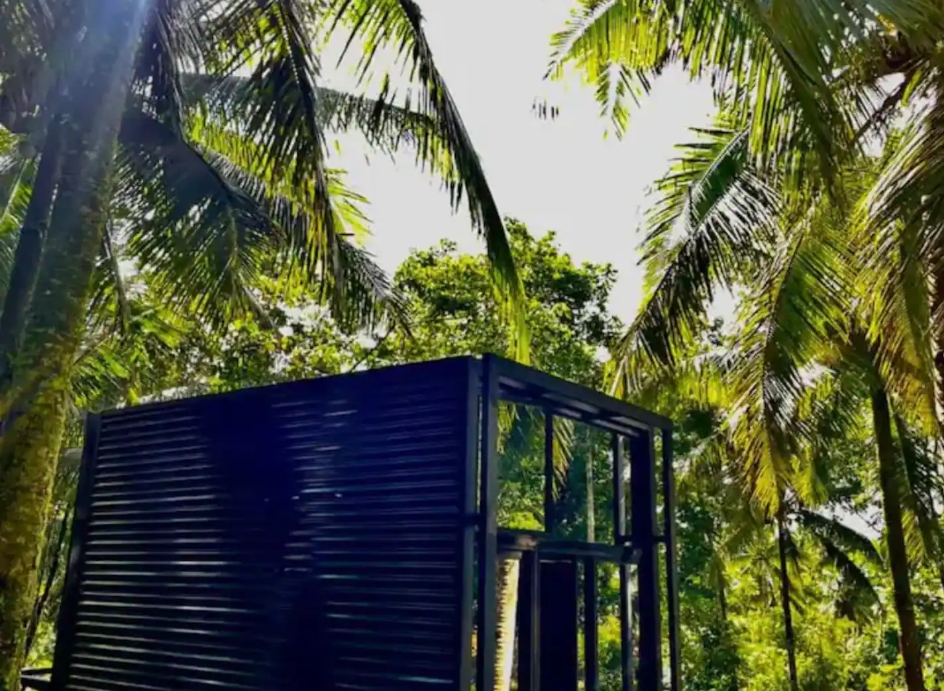Prefabricated houses, as temporary structures, are widely used in various scenarios, but there is concern about whether they will have adverse effects on the environment. So, will prefabricated houses really have adverse effects on our environment? Let's explore this question together.

Firstly, prefabricated houses are usually made of recycled materials, which have lower environmental impacts. Compared to traditional buildings, prefabricated houses generate less waste during construction, reducing resource consumption and waste. Therefore, from a material perspective, the environmental impact of prefabricated houses is relatively small.
Secondly, the mobility of prefabricated houses also helps to reduce environmental impact. Due to their simple structure and easy assembly and disassembly, they can be quickly erected and dismantled when needed, reducing land occupation and damage. In some scenarios requiring temporary buildings, prefabricated houses can meet the demand without causing long-term environmental impact.
However, there are also potential environmental issues during the use of prefabricated houses. For example, in some areas, long-term use of prefabricated houses may lead to excessive development of land resources and environmental pollution. Additionally, improper maintenance and management of prefabricated houses may result in improper waste disposal, thereby negatively impacting the environment.
In summary, the environmental impact of prefabricated houses depends on their use and management. If used and managed scientifically and reasonably, the environmental impact of prefabricated houses can be minimized, and they may even bring certain benefits to the environment.